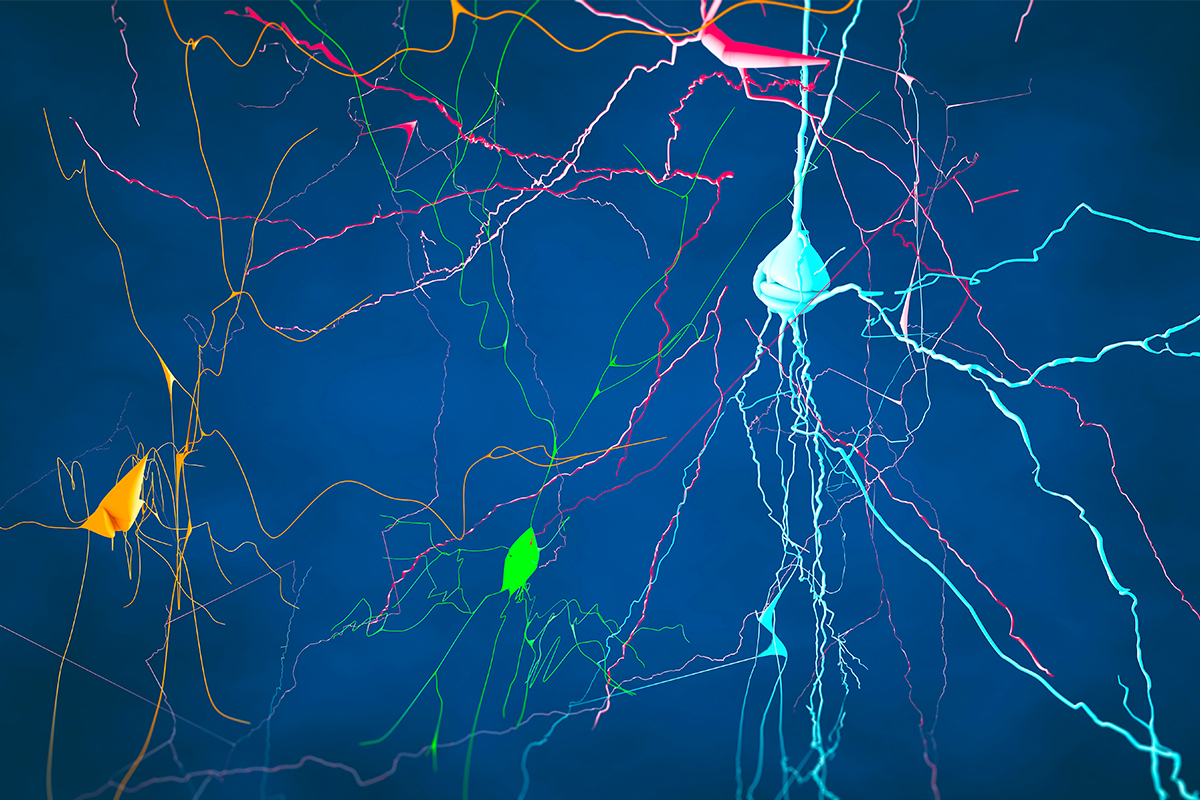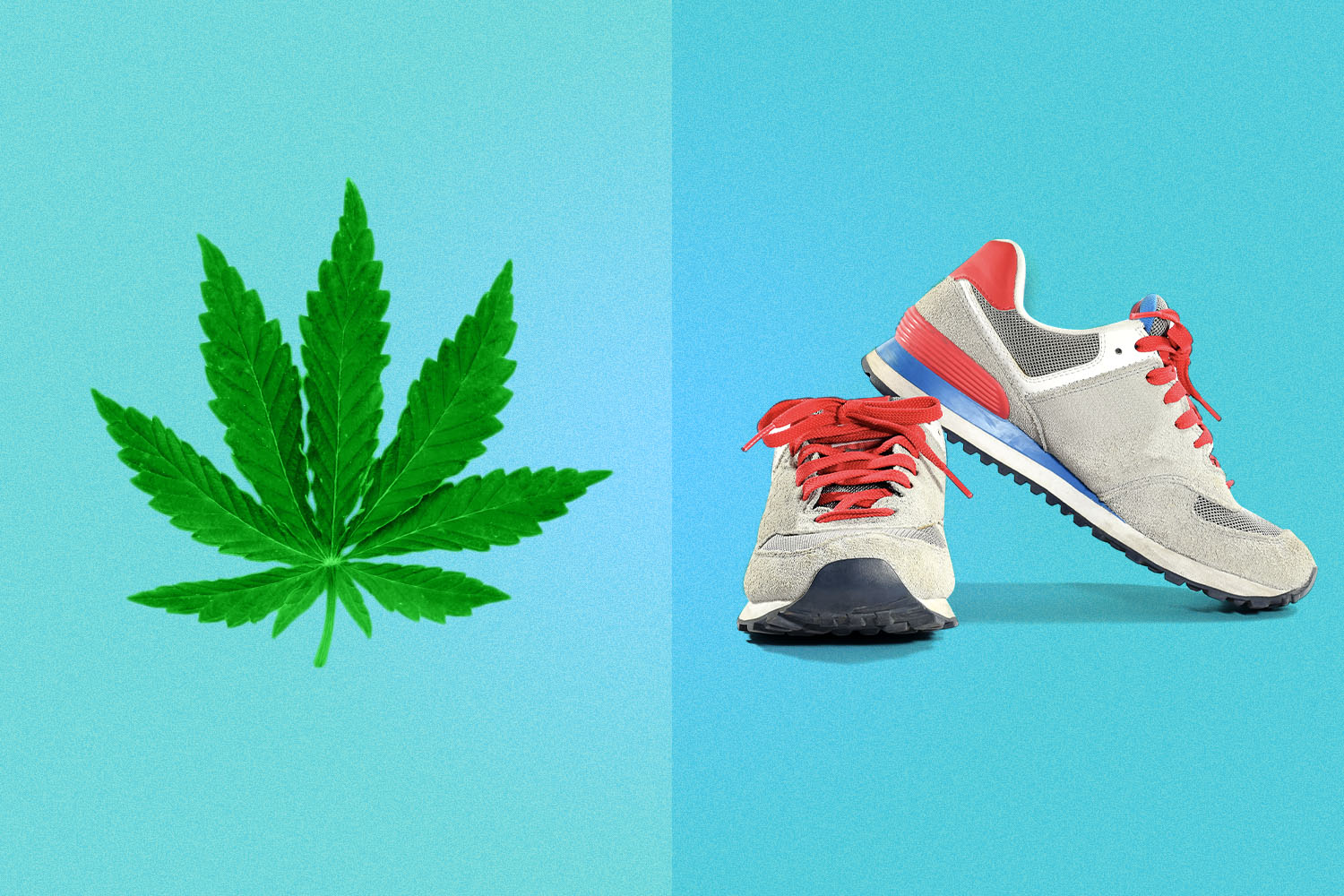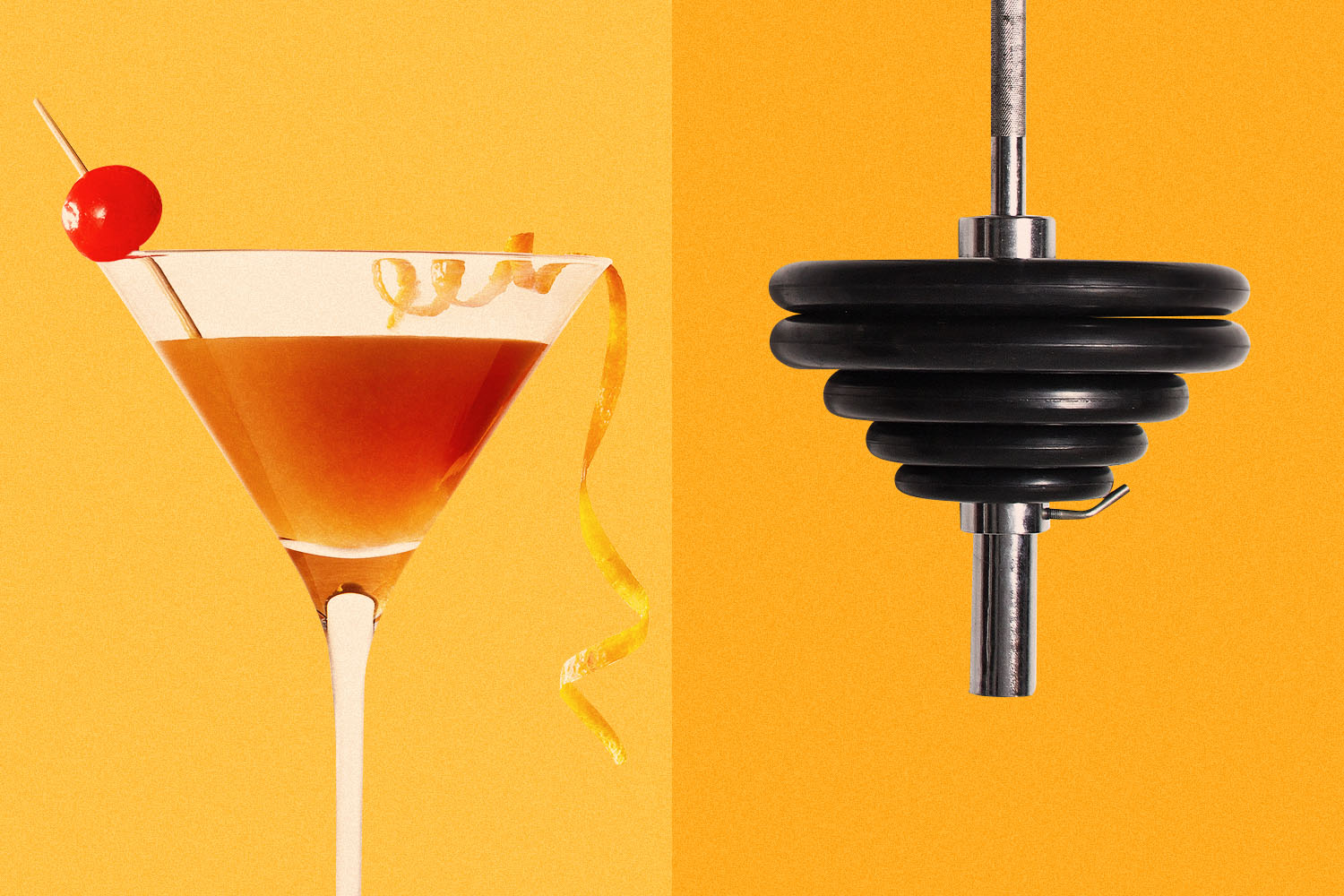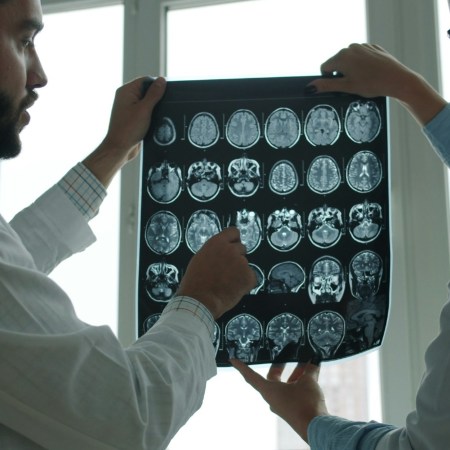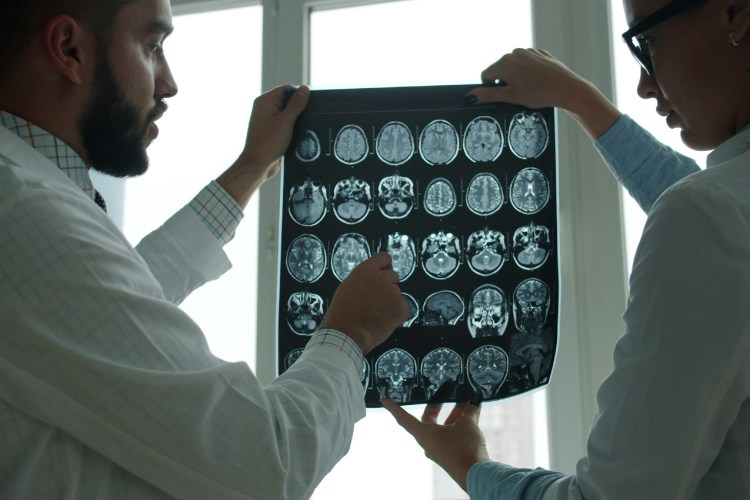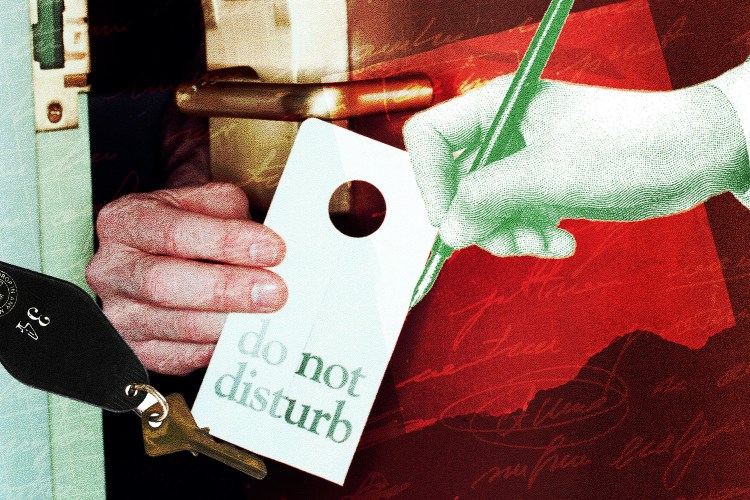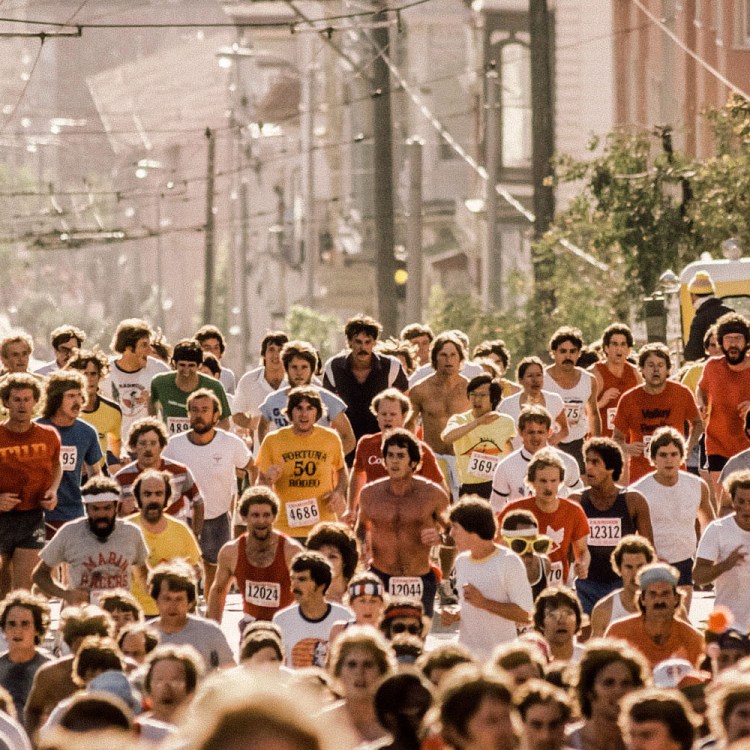I was on a Reddit bender a few weeks ago when I came across a variety of commenters extolling the benefits of a drug called “dopa mucuna.” The subthread was headed: “Mucuna pruriens (L-Dopa) makes me feel so good that it’s scary,” and the commenter described defeating brain fog and feeling 14 years old again. Multiple accounts agreed with this assessment, with one crediting the mystery compound for improving his motivation, mood and wakefulness.
Intrigued, I poked around a bit more and stumbled into a subsection of commenters who don’t just use the adaptogen for general well-being — some appear to use it as pre-workout. Here’s the advice in its entirety, from candid commenter nora123supernova: “I recommend taking dopa mucuna (you can find it on Amazon) like an hour before you want to work out, on a mostly-empty stomach. It contains the basic building blocks your brain needs for making dopamine.”
You can, indeed, find dopa mucuna on Amazon. It’s available most prevalently under the label NOW Dopa Mucuna Brain Support Supplements ($20 for 90 capsules). But there are bougier alternatives, too, like Moon Juice’s Mucuna, which has a warm brown logo and looks like chocolate protein powder. The brand recommends mixing it into your morning coffee.
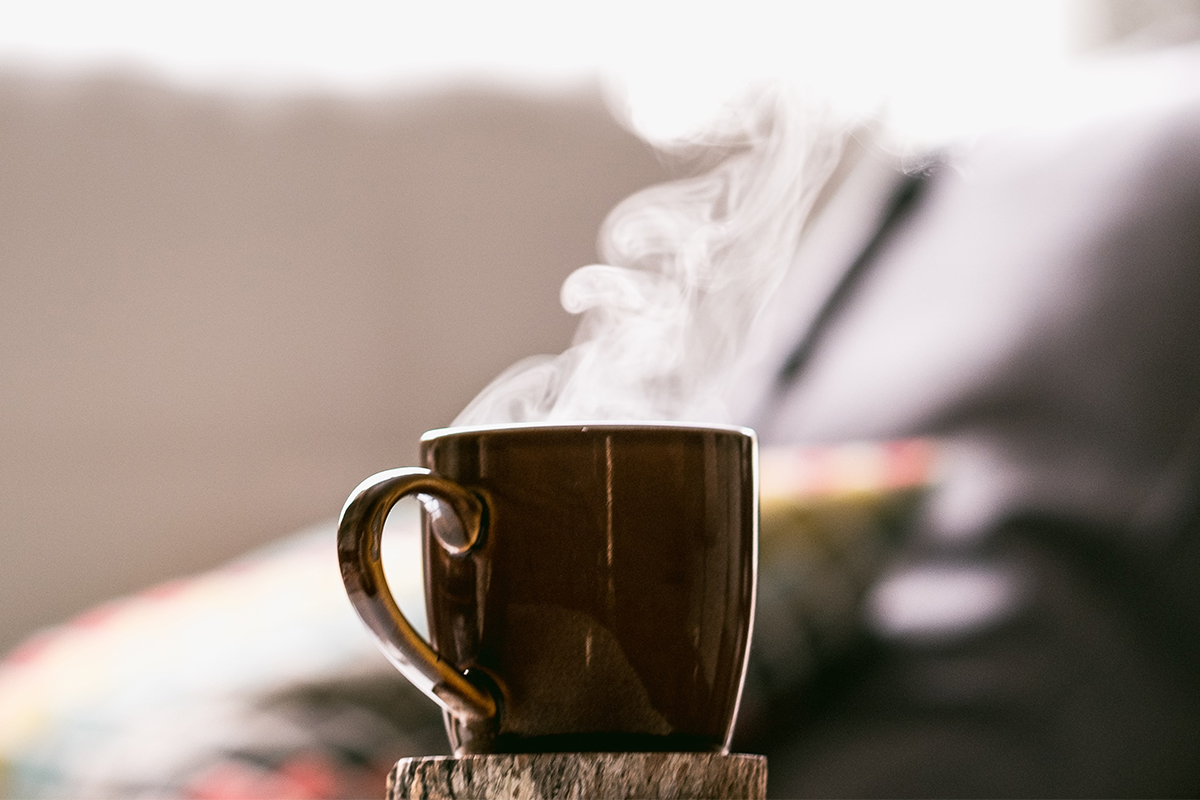
These aren’t examples of over-the-counter dopamine, precisely; think of them more as a molecular toolkits to increase dopamine production in the brain. Mucuna pruriens is a legume native to tropical areas in Africa and Asia. It’s been cultivated and ingested for centuries as a natural method for combating a variety of conditions, including nervous disorders and male infertility. Lately, it’s drawn significant attention among the online biohacking community, because it contains levodopa (L-dopa), the amino acid that encourages the production and neurotransmission of dopamine.
Some have taken to calling mucuna the “dopamine bean.” It’s a catchy name for a seductive supplement. Does the practice work? Broadly speaking, yes: levodopa is often prescribed to patients with Parkinson’s disease, which is caused in part to by a lack of dopamine in the brain. Studies have suggested that it can boost dopamine levels in those without Parkinson’s, too. That said, rogue self-medication isn’t an entirely harmless enterprise, and it certainly isn’t a silver-bullet solution to all of life’s problems.
It’s understandable that some people, sick of taking SSRI’s with unmanageable side effects, would turn to dopamine agonist medications. But it’s never a good idea to start fiddling with the mind’s receptors using non-FDA-regulated capsules or powders from the internet. Those suffering from ADHD and depression should always consult with medical professionals before attempting to tilt the chemical scoreboard in their brains, and those who don’t suffer from mental health disorders should make sure they reacquaint themselves with exactly what role dopamine plays in the body.
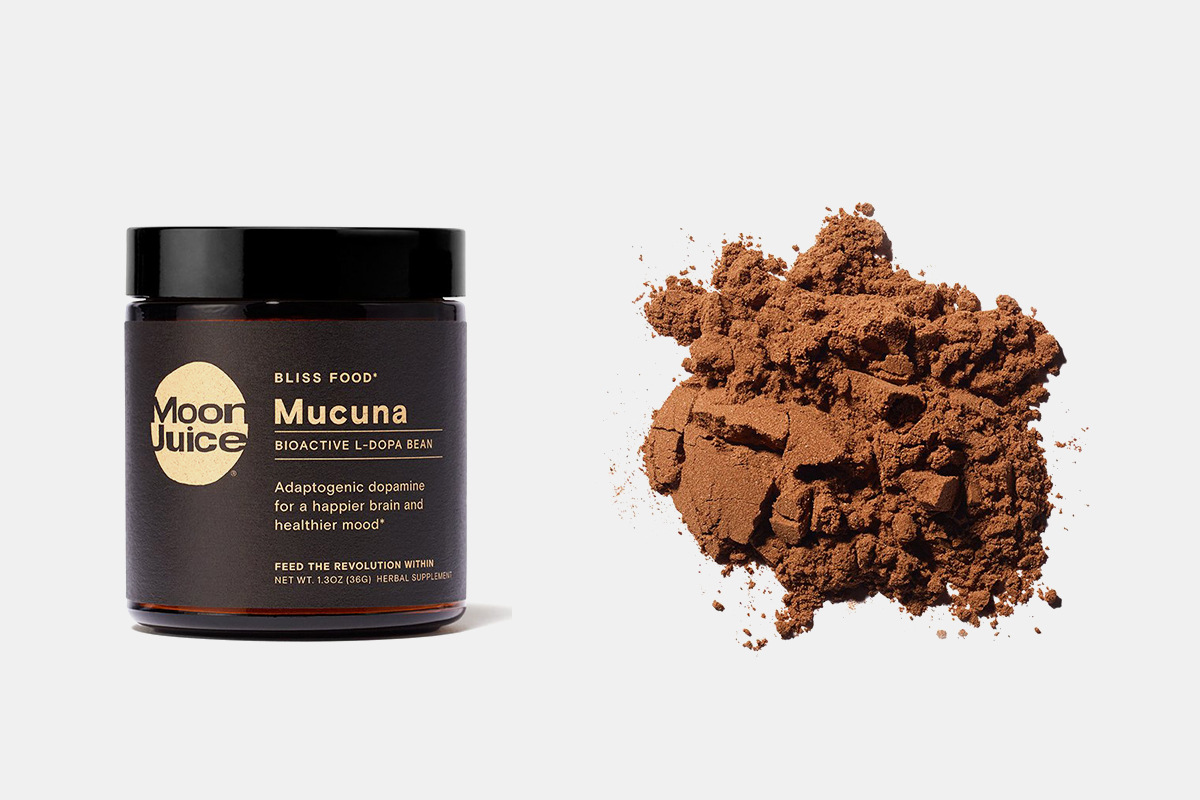
Big picture? More dopamine doesn’t necessarily equal more happiness. Dopamine is the body’s reward center. It teaches you to recognize and appreciate pleasurable things — like pizza, sex or likes on your latest Instagram. Over time, though, as habits form, the brain releases less dopamine per “hit” of something good. This creates an endless loop whereby people feel like they need more of something in order to enjoy it. For more addictive pursuits (hard drugs, alcohol), this routine can become absolutely destabilizing.
Which is why researchers preach the benefits of “dopamine homeostasis”: you don’t necessarily need more dopamine to reap all of the neurotransmitter’s benefits — motivation, alertness, improved memory — you just need the right amount. If you don’t normally see a doctor for mental health concerns, then your M.O. absolutely shouldn’t be a pill. It should revolve around common-sense lifestyle changes. Try to avoid consumption of substances that “overactivate” your dopamine receptors. (Nicotine leads the way there.) Exercise. Go outside. Sleep is king.
Perhaps it’s boring when life goals — like getting amped before a workout — can’t be solved by a wonder-substance from an online messageboard. But what definitely isn’t boring is the prospect of suffering from DAWS (dopamine agonist withdrawal syndrome), a condition where people who head back to life without supplemental morning L-dopa are suddenly irritable, depressed and unable to sleep. They also suffer from ICD (impulse control disorders); altering the brain’s reward processes can send everything spiraling out of control, prompting habits like hyper-sexuality, retail addiction and binge eating. Oh, and gambling problems. Studies confirm that Parkinson’s patients have a significantly higher rate of pathological gambling relative to the general population.
It isn’t a surprise that people make risky, under-researched bids to improve their mood and overall wellness. But that doesn’t make it any less sad. Reported benefits from supplements (and this goes for a lot of supplements) are too often anecdotal, don’t take into account important factor like age, gender or genetics, or are influenced by placebo. Save your money, save your mornings, cherish your longevity, and if you truly think you need some help, go see a doctor. Not Reddit.
The Charge will help you move better, think clearer and stay in the game longer. Subscribe to our wellness newsletter today.
